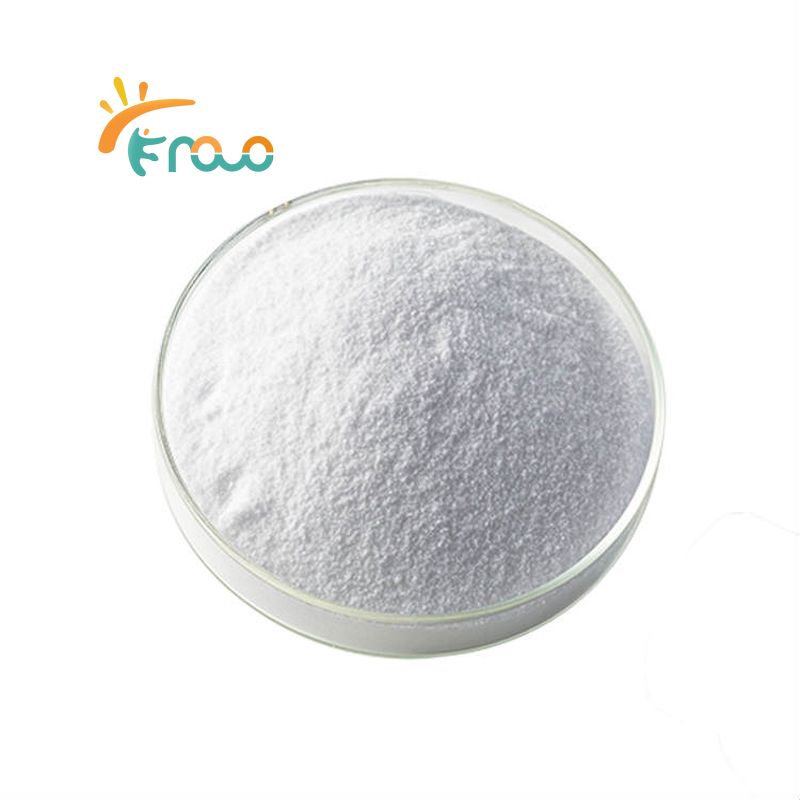Beta-ecdisterona
, um composto natural semelhante a um esteroide encontrado principalmente em artrópodes e plantas como Cyanotis arachnoidea (grama de orvalho azul), exibe vários efeitos biológicos notáveis.
Suas principais funções incluem:
1.
Promovendo a síntese de proteínas
: Estimula a síntese de proteínas nos tecidos, auxiliando no crescimento muscular e nos mecanismos de reparação.
2.
Regulando o metabolismo
: A beta-ecdisterona ajuda a reduzir os níveis de colesterol e lipídios no sangue, além de inibir aumentos anormais de glicose no sangue.
3.
Melhorando o desenvolvimento ósseo
:Estudos em modelos animais indicam que ele pode aumentar o pico de massa óssea, sugerindo benefícios potenciais para a saúde óssea e prevenção da osteoporose.
4.
Mediando a muda e o desenvolvimento
: Originalmente identificado em insetos, ele desencadeia a muda e a metamorfose, uma função explorada na sericicultura e na aquicultura para sincronizar o desenvolvimento.
Além dos efeitos fisiológicos, encontra aplicações em:
1.
Agricultura
: Usado como regulador de crescimento na criação de bicho-da-seda e na criação de crustáceos.
2.
Medicamento
:Historicamente explorado para tratar artrite e estudado por seu potencial de regulação metabólica.
3.
Cosméticos
: Incorporado como um aditivo especializado.
4.
Pesticidas
:Em investigação como regulador de crescimento de insetos de terceira geração.
5.
Suplementos
: Comercializado por suas supostas propriedades anabólicas e adaptogênicas.


 português
português















